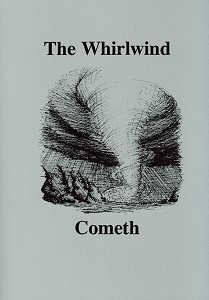Associated Baptist Press reports:
The presiding bishop of the Episcopal Church called the evangelical notion that individuals can be right with God a “great Western heresy” that is behind many problems facing the church and the wider society.
Describing a United States church in crisis, Presiding Bishop Katharine Jefferts Schori told delegates to the group’s triennial meeting July 8 in Anaheim, Calif., that the overarching connection to problems facing Episcopalians has to do with “the great Western heresy — that we can be saved as individuals, that any of us alone can be in right relationship with God.”
“It’s caricatured in some quarters by insisting that salvation depends on reciting a specific verbal formula about Jesus,” Jefferts Schori, the first woman to be elected as a primate in the worldwide Anglican Communion three years ago, said. “That individualist focus is a form of idolatry, for it puts me and my words in the place that only God can occupy, at the center of existence, as the ground of being.”
She’s wrong.
Doesn’t John 3:16 say so?
HT: The Berean Call
